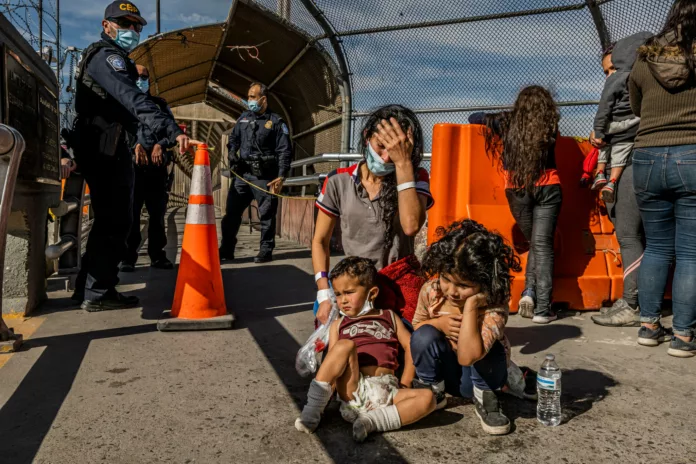Caribbean nationals, including Antiguans and Barbudans facing deportation in the United States, will soon have legal representation.
This, after a coalition of immigrant advocates, elected officials, partners, and impacted families have come together to announce a movement to support the Campaign for Access, Representation, and Equity (CARE) for Immigrant Families.
The coalition has highlighted that Caribbean and other asylum seeker arriving in New York from the southern border of the United States are facing deportation without legal representation, which is a major concern.
This campaign is pushing for investments in holistic legal services and the passage of the Access to Representation Act in the New York State Legislature, sponsored by New York State Senator Brad Hoylman-Sigal and New York State Assemblymember Catalina Cruz.
If passed, this legislation would establish the first statewide right to legal representation for people facing deportation who cannot afford attorneys.
The New York Immigration Coalition (NYIC), an umbrella organization of over 200 immigrant groups in New York State, is leading this campaign.
Those behind the legislation says it is groundbreaking and will provide much-needed legal representation for individuals facing deportation.
Access to Representation Act (ARC) is an opportunity to begin to address the cruelty of the US immigration system and keep families and communities across the state together.
Currently, immigrants who cannot afford or access an attorney in the US are forced to represent themselves in court, facing high odds of being ripped from their families and deported into unsafe circumstances.
The ARA would rectify the punitive oversight inflicted on immigrant communities by establishing a first-in-the-nation right to counsel in immigration proceedings, extending the same legal protections that currently exist in criminal court proceedings to immigration courts.
The campaign has broad support from a diverse coalition, including the Vera Institute of Justice, Immigrant ARC, and over 100 organizations, legal service providers, labor unions, faith groups, and elected officials.

